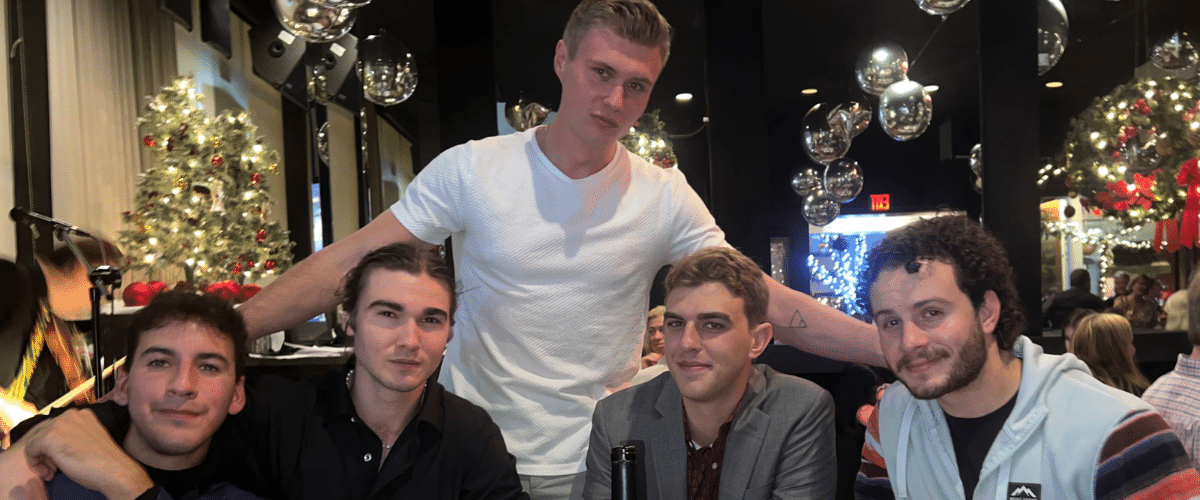Image commercially licensed from: Unsplash
In a world where big banks and retail mortgage lenders prioritize stock prices and environmental, social, and governance (ESG) scores, one mortgage company is taking a stand. Kinfolk Home Loans (KHL) is putting the American homeowner back at the center of attention by offering lower interest rates, reduced closing costs, and a commitment to building lasting relationships.
While traditional financial institutions focus on transactions and view clients as mere numbers, KHL is changing the game. With a mission to prioritize the best interests of the client, KHL fosters healthy, long-lasting relationships. They see themselves as fiduciaries, understanding their obligation to put the client first. This approach has resonated with clients, leading to a growing book of business built on exceptional service and great deals.
As a proud partner of UWM, the largest mortgage company on the planet, KHL benefits from wholesale pricing on all mortgage loans. Their low overhead and commitment to passing on savings to the American people have resulted in interest rates that are on average half to a full percent lower than those offered by retail banks and mortgage lenders. Additionally, clients save an average of $9,600 in closing costs compared to their counterparts.
In an industry where transparency is often lacking, KHL takes a different approach. Many loan officers avoid discussing rates and fees, causing delays in client communication. In contrast, KHL ensures a quick response time of just 20 minutes to provide accurate and certain quotes. They believe in educating clients about rates, fees, and available programs, empowering them with the knowledge to make informed decisions. The aim is to never leave clients in the dark about closing costs, ensuring a smooth and transparent lending process.
Recognizing the cyclical nature of the mortgage marketplace, KHL remains committed to their clients beyond the closing table. Through their loan tracking system, they proactively reach out every six months to provide mortgage marketplace updates. Should opportunities arise, such as refinancing to benefit from lower rates or accessing cash for upgrades or bills, KHL is there to help, always at cost. Their dedication to saving clients money is ingrained in their culture.
Reputation is paramount for KHL. Acknowledging the past challenges and negative perception of the mortgage industry, they strive to rebuild trust and respect with each client and realtor they work with. By earning 5% of their clients’ trust initially, KHL aims to secure the remaining 95% through exceptional service and ethical practices.
At KHL, the loan process is streamlined to ensure a stress-free experience. Clients work directly with a dedicated loan officer and a Vice President of Risk, guaranteeing efficient loan processing and avoiding unnecessary complexities and redundancies often encountered with other banks.
As more homeowners seek a lender that puts their interests first, Kinfolk Home Loans emerges as a trusted and customer-centric mortgage company. Their commitment to lower rates, reduced closing costs, transparent communication, and building lasting relationships positions them as a preferred choice for American homeowners.
For more information or to start your journey towards a better mortgage experience, visit the website.
About Kinfolk Home Loans:
Kinfolk Home Loans (KHL) is a customer-centric mortgage company dedicated to putting the American homeowner first. With lower interest rates and reduced closing costs, KHL aims to provide clients with the best possible deals. Their commitment to transparency, education, and building lasting relationships sets them apart from traditional banks and lenders. KHL is proud to be partnered with UWM, the largest mortgage company on the planet, enabling them to pass on wholesale pricing and savings to their valued clients.









